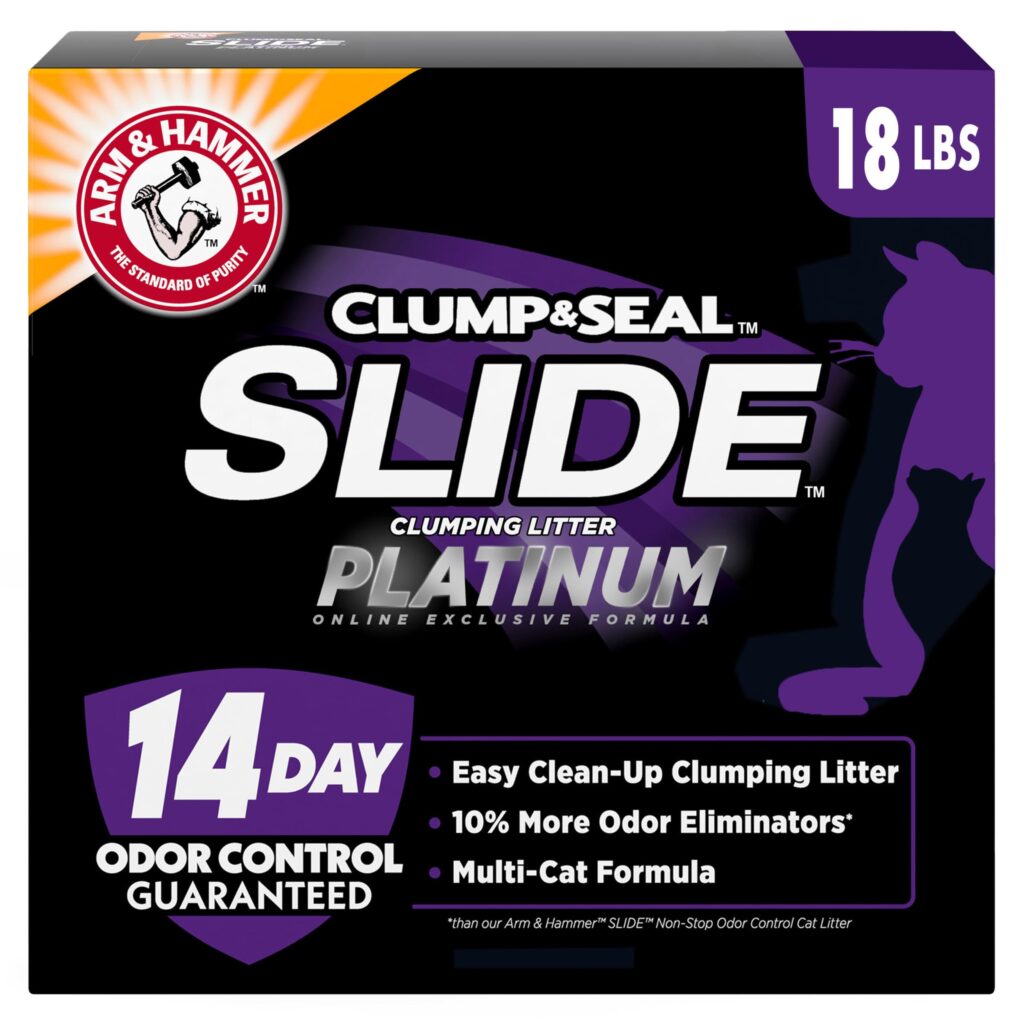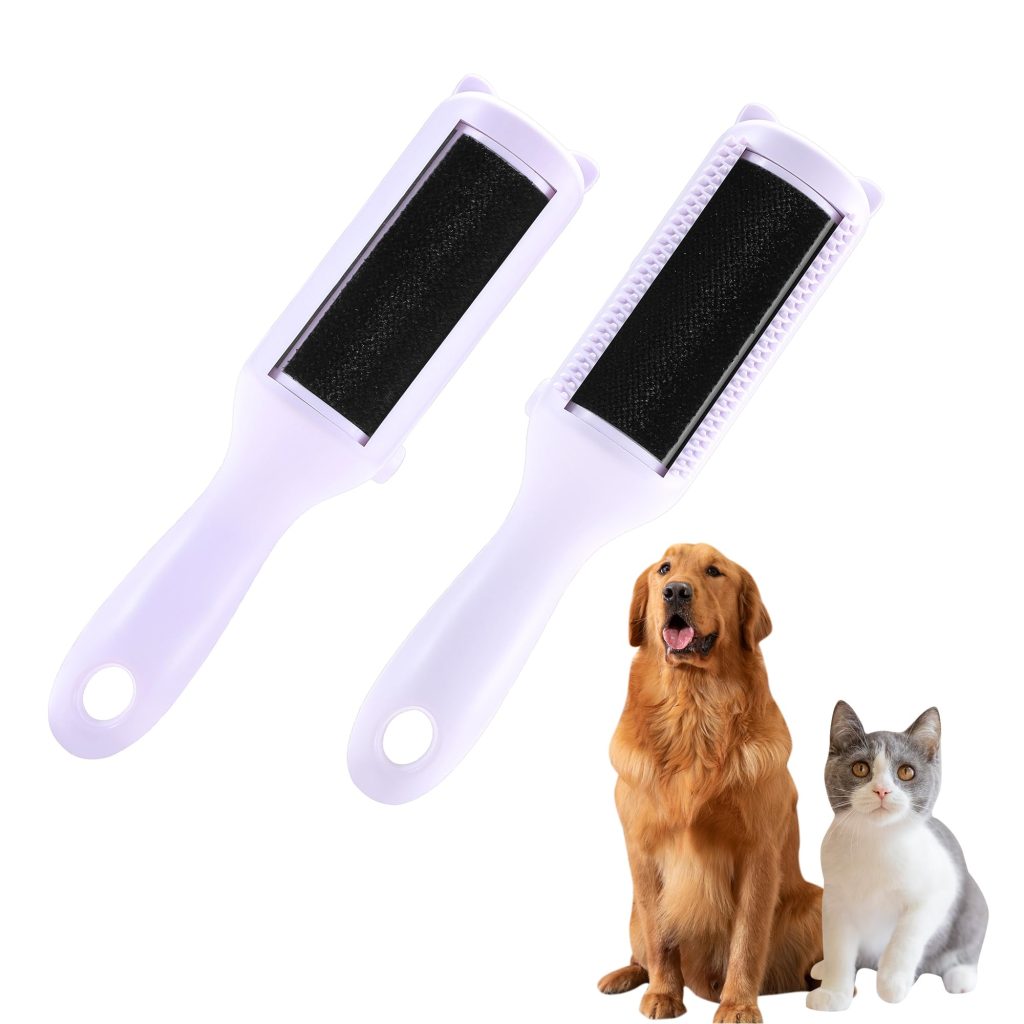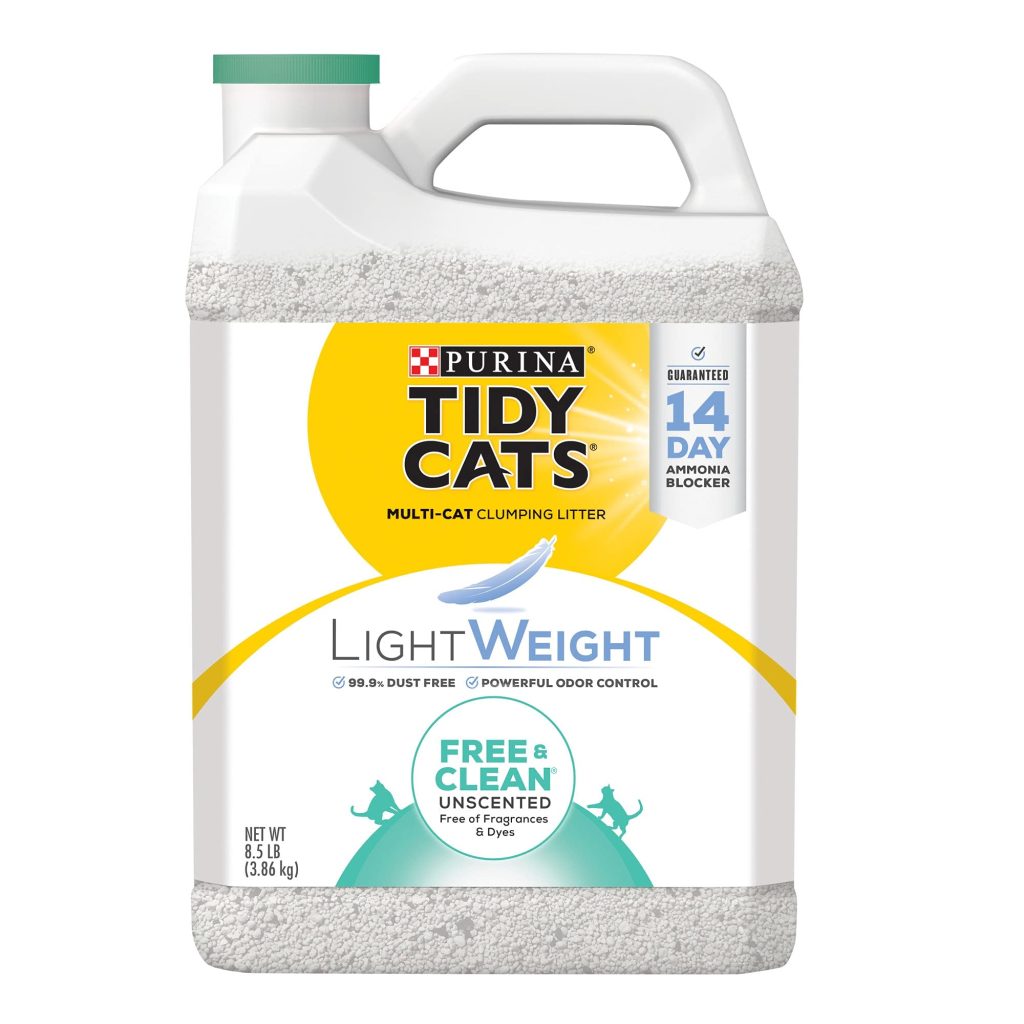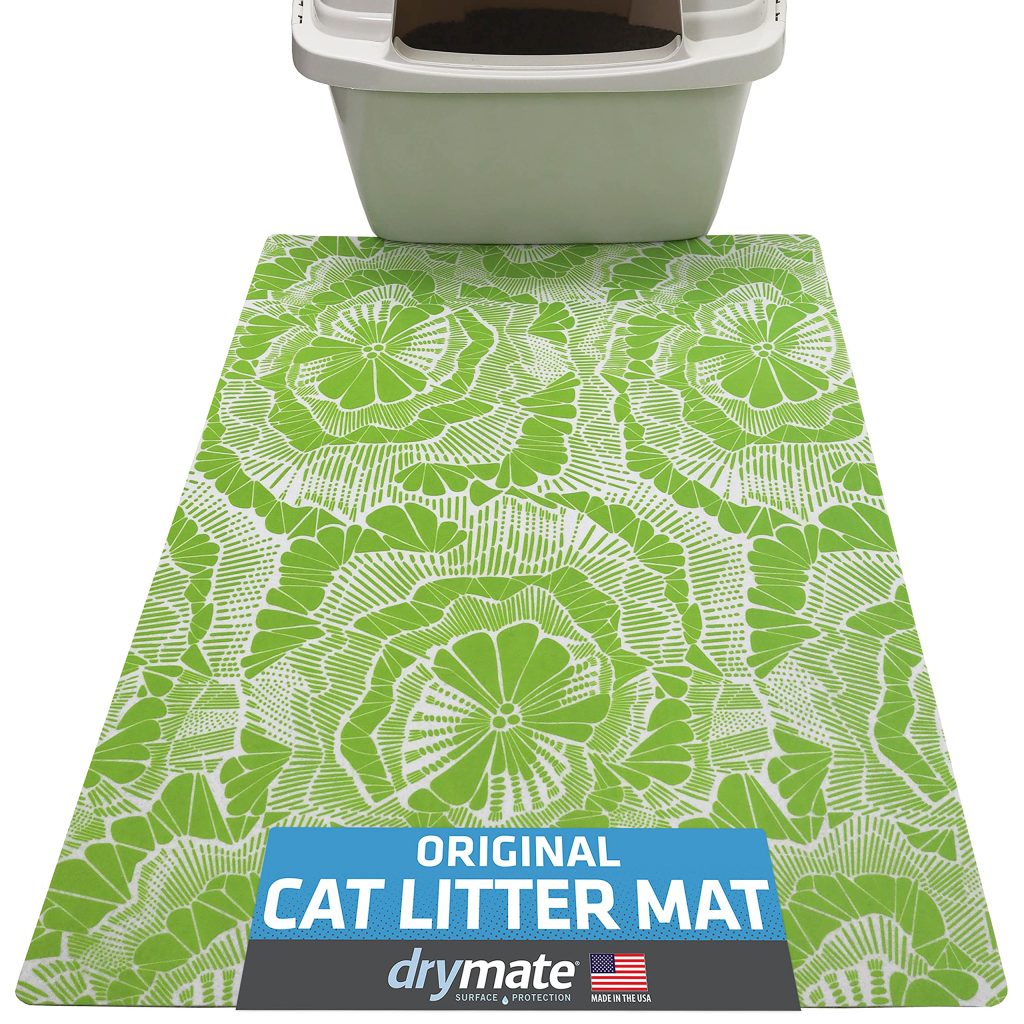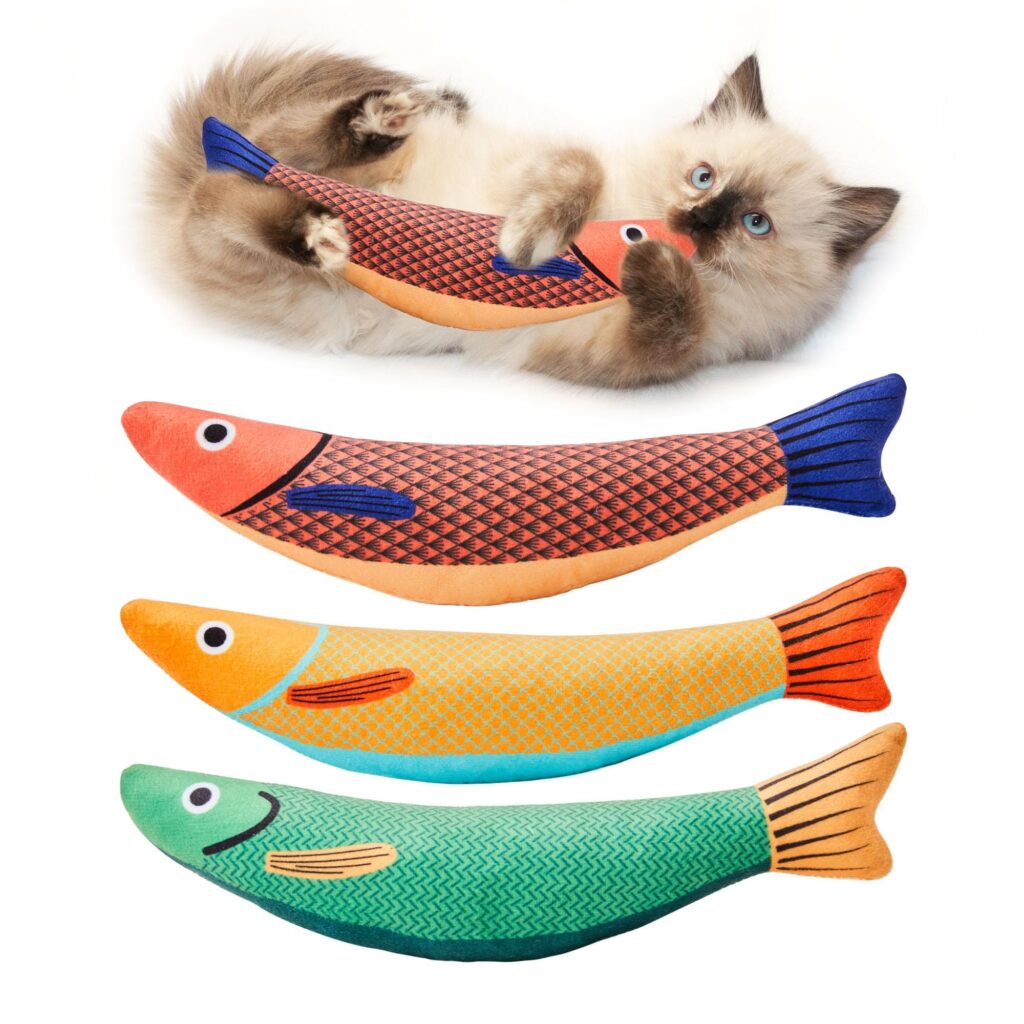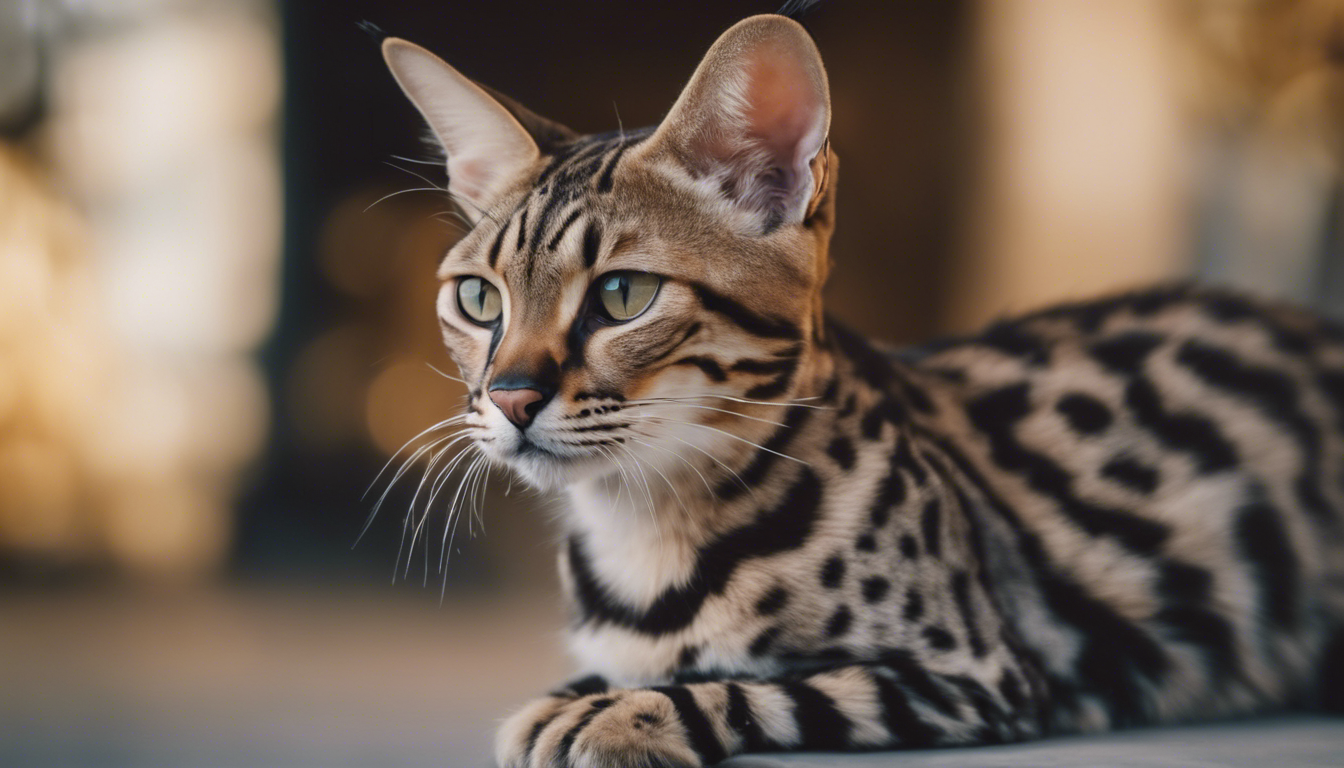
The Savannah is a unique and captivating breed of cat that has gained popularity in recent years. This hybrid breed is a result of crossing a domestic cat with a serval, a wild African cat. The result is a strikingly beautiful feline with distinctive spots and a sleek, muscular build. In this article, we will explore the breed-specific traits, strengths, weaknesses, and care guidelines for Savannah cats, providing prospective and current owners with practical tips for maintaining their cat’s overall health and well-being.
Breed Characteristics
One of the most distinguishing features of the Savannah breed is its coat pattern. Savannah cats have spotted coats that can range from light tan to dark brown, often with a contrasting white or cream background. These spots resemble those of a serval and add to their wild and exotic appearance. Additionally, Savannah cats have long legs, an elongated body, and large, expressive ears.
Temperament
Savannah cats are known for their intelligence and curiosity. They’re highly active and need mental and physical stimulation to thrive. These cats are energetic and may require interactive playtime or puzzle toys to prevent boredom and destructive behavior. Due to their high prey drive, it’s important to provide appropriate outlets for hunting behaviors.
Exercise Needs
Savannah cats have a high energy level and need regular exercise to stay healthy and mentally challenged. A spacious and secure environment is perfect for these active cats as they enjoy climbing, jumping, and exploring. Providing cat trees, scratching posts, and interactive toys can help meet their exercise needs and prevent them from getting bored.
Strengths
- Highly intelligent
- Affectionate and loyal
- Playful and active
- Beautiful and exotic appearance
- Exceptional jumping ability
Weaknesses
- High energy level requires dedicated playtime and exercise
- May have a strong prey drive, causing potential issues with small animals in the household
- Requires an experienced and dedicated owner
- May be prone to destructive behavior if not adequately stimulated
- Can be expensive to purchase due to their rarity and desirability
Care Guidelines
Health Issues
Savannah cats are generally healthy, but certain health issues may be more common in this breed. Some conditions to watch for include:
- Pyruvate kinase deficiency (PK deficiency): That’s a hereditary condition that affects red blood cells, leading to anemia. Regular veterinary check-ups and genetic testing before breeding can help identify carriers.
- Progressive retinal atrophy (PRA): That is an inherited condition that causes progressive vision loss. Regular eye examinations by a veterinarian can help monitor for early signs of PRA.
- Feline infectious peritonitis (FIP): Although not specific to Savannah cats, they may be more susceptible to this viral disease. Vaccination and practicing good hygiene can reduce the risk.
Grooming Requirements
Savannah cats have short, low-maintenance coats that do not require frequent brushing. However, regular grooming sessions can help remove loose hairs and reduce shedding. Additionally, routine nail trimming, dental care, and ear cleaning should be part of their regular grooming routine.
Dietary Recommendations
Proper nutrition is vital for the health and well-being of Savannah cats. A high-quality, balanced cat food that meets their nutritional needs should be provided. It is essential to feed them a diet that’s appropriate for their age, activity level, and any specific dietary requirements recommended by a veterinarian. Fresh water should always be available, and portion control is important to prevent obesity.
To wrap it up, Savannah cats are unique and captivating pets that require dedicated care. Their intelligence, energy, and wild appearance make them a breed like no other. By understanding their specific traits, strengths, weaknesses, and care guidelines, prospective and current owners can ensure that their Savannah cat remains healthy, happy, and fulfilled throughout its life.
